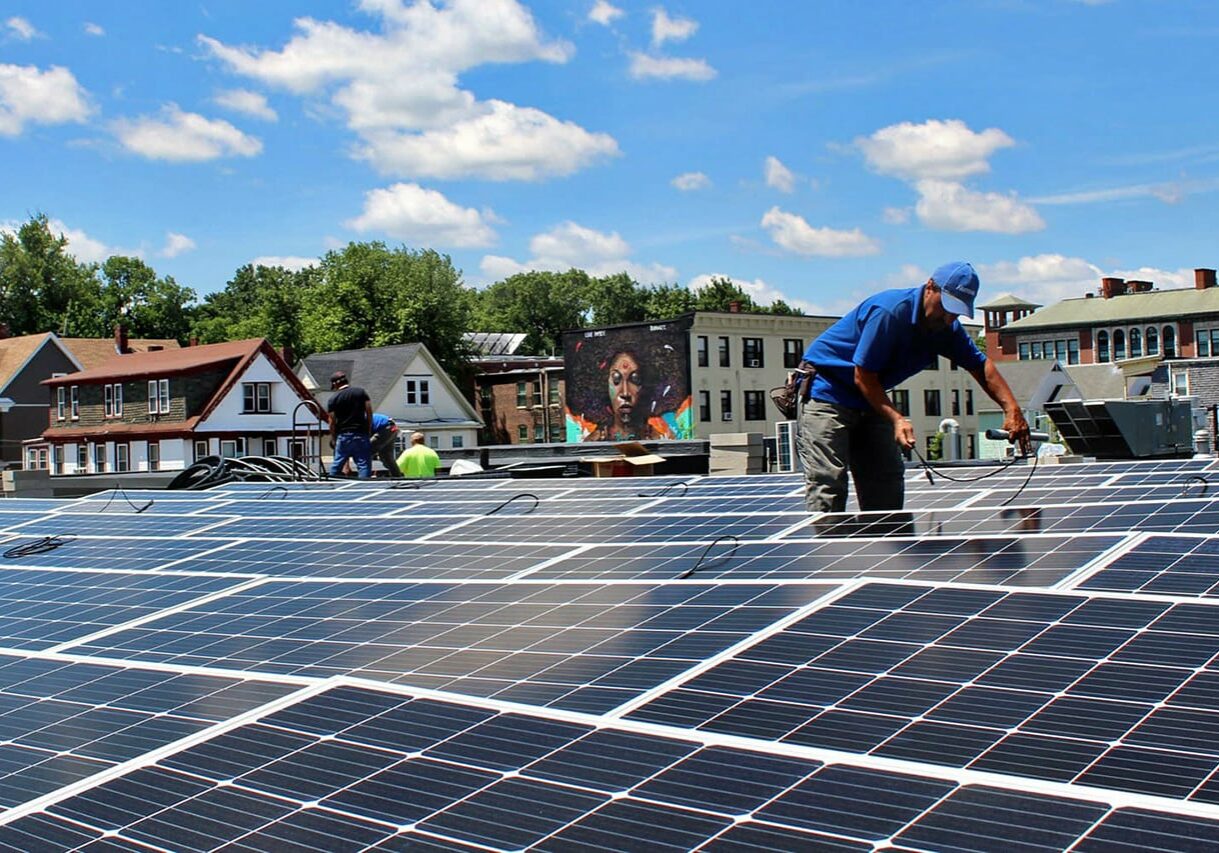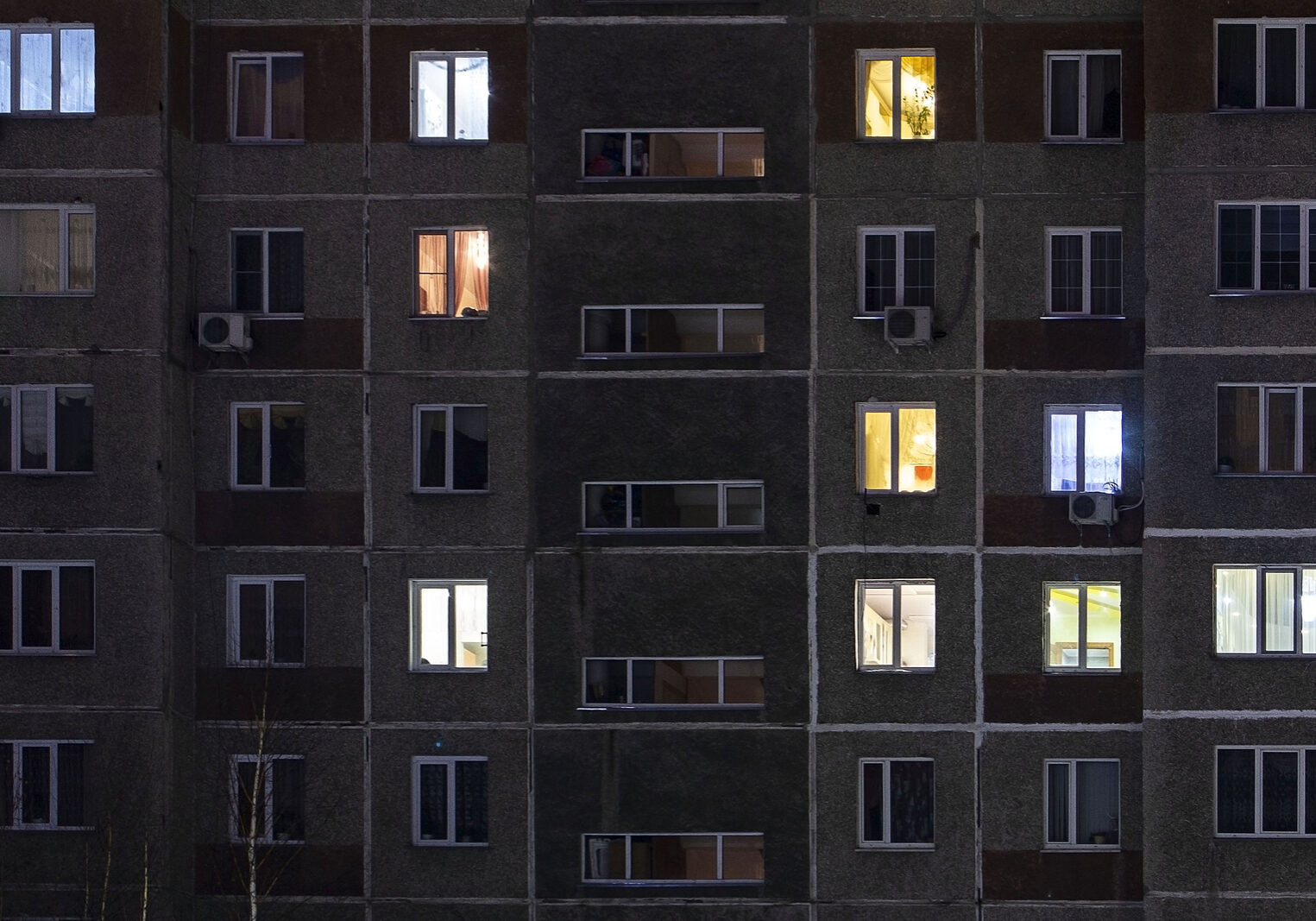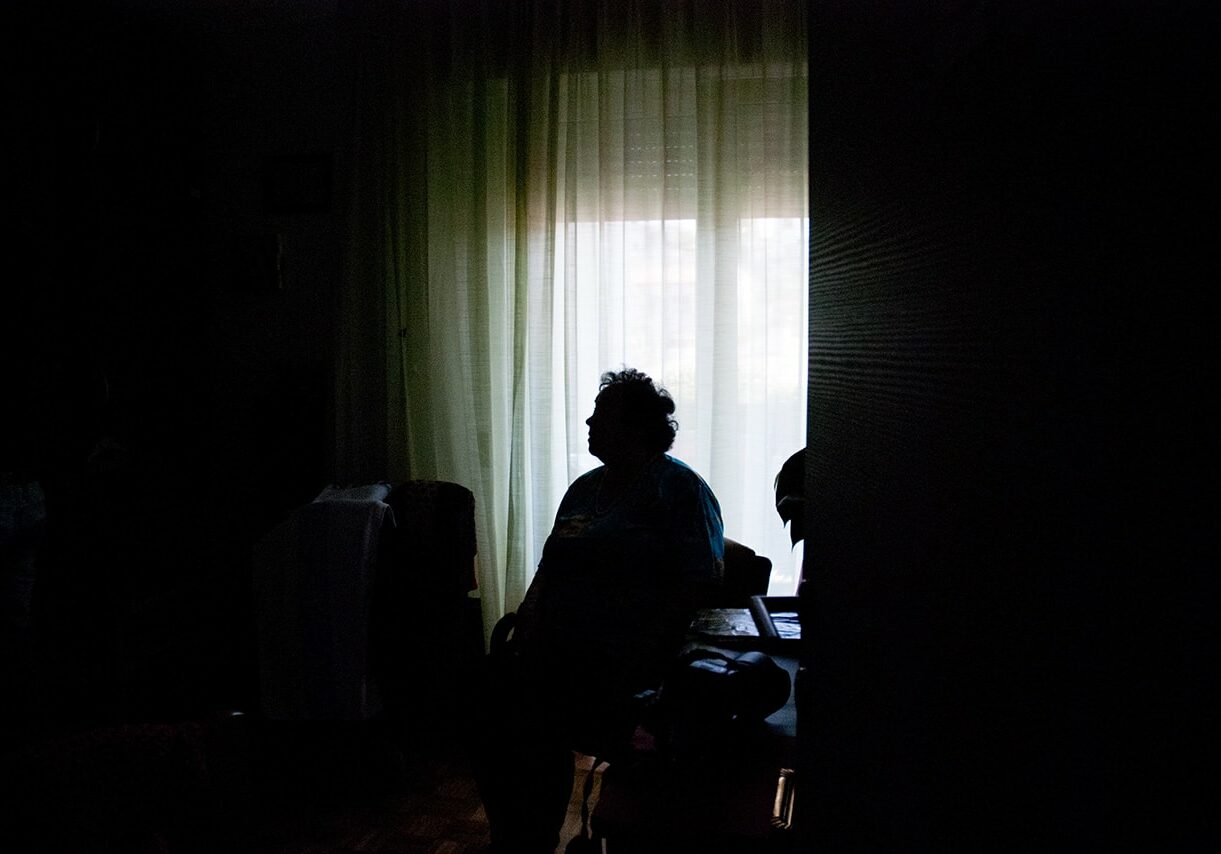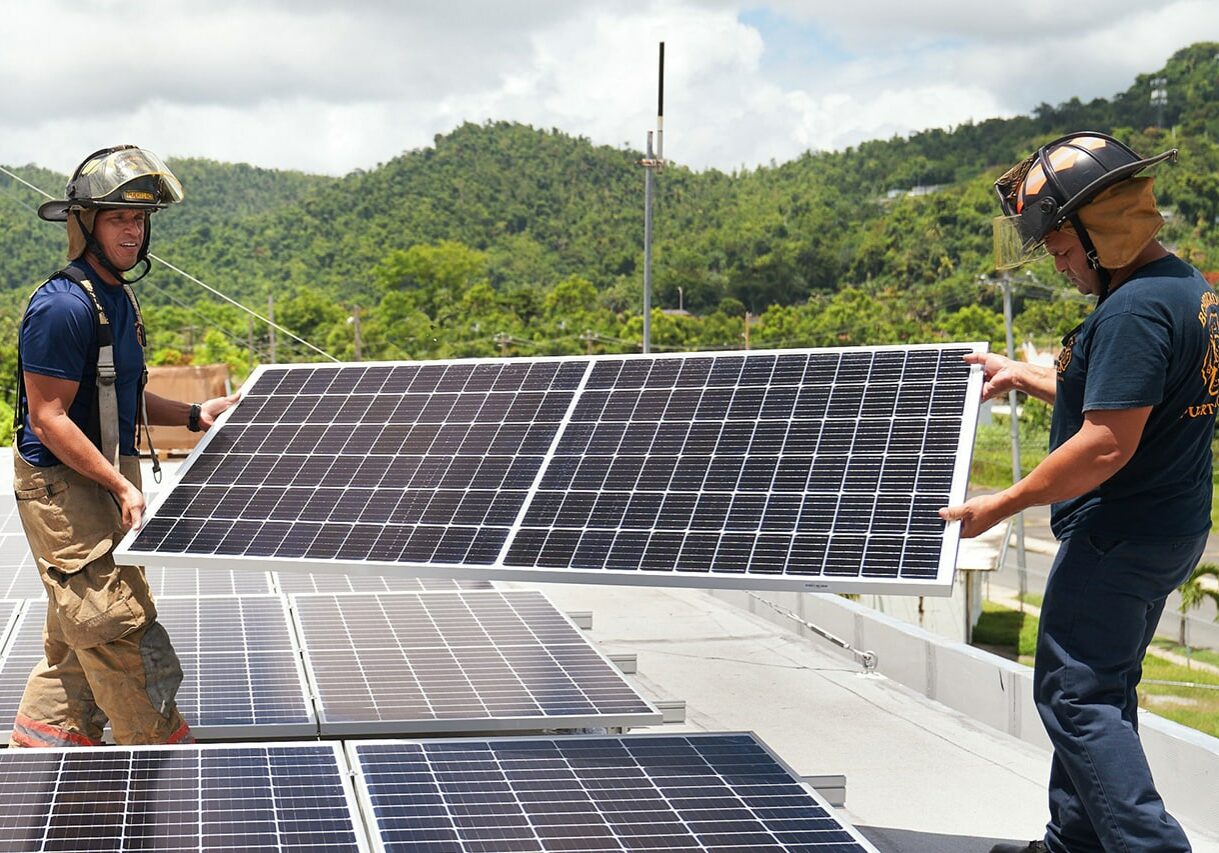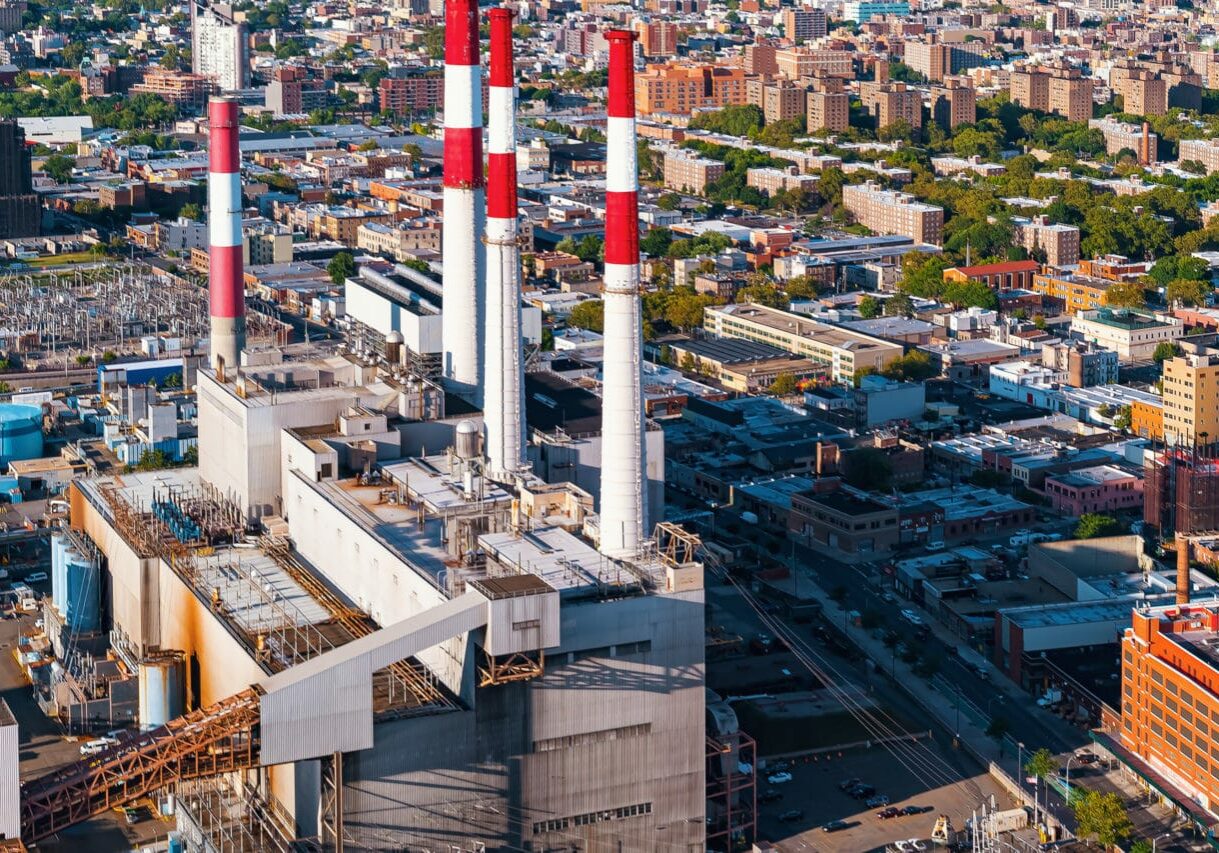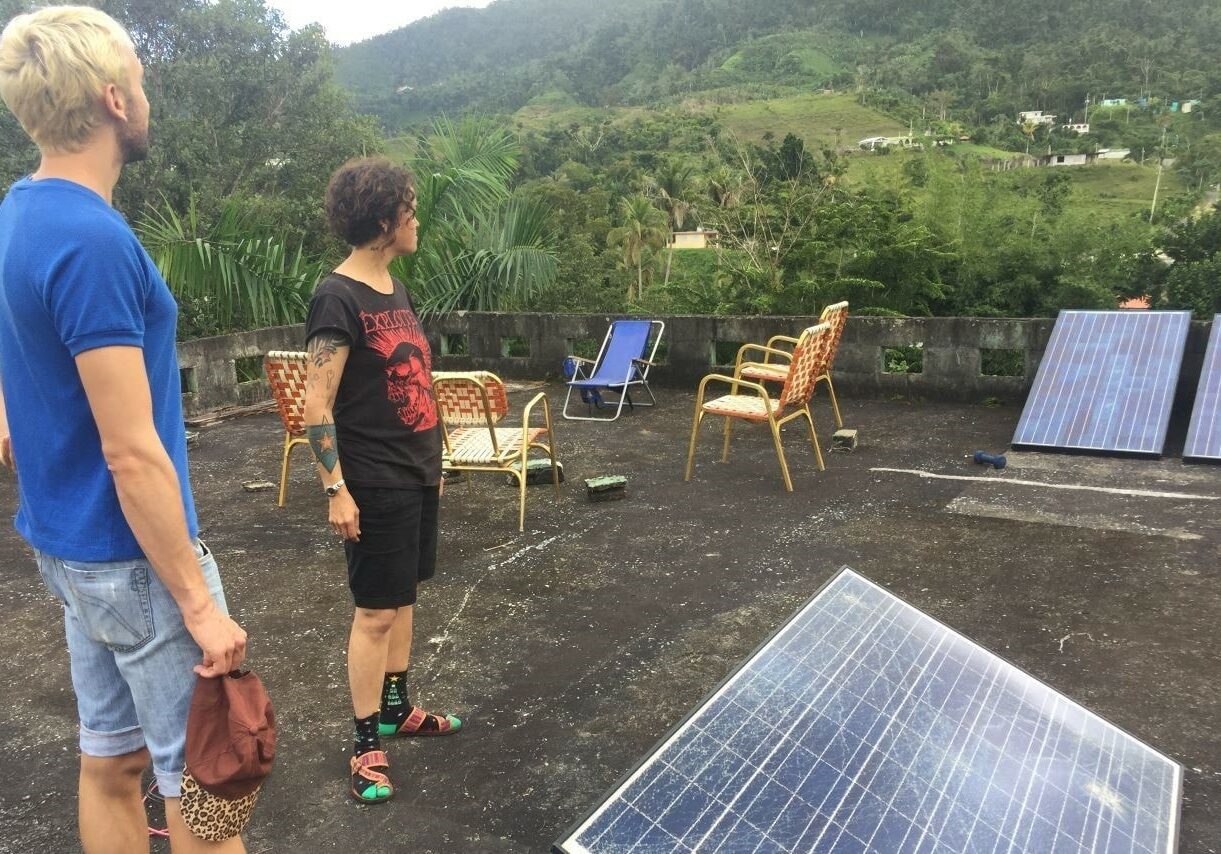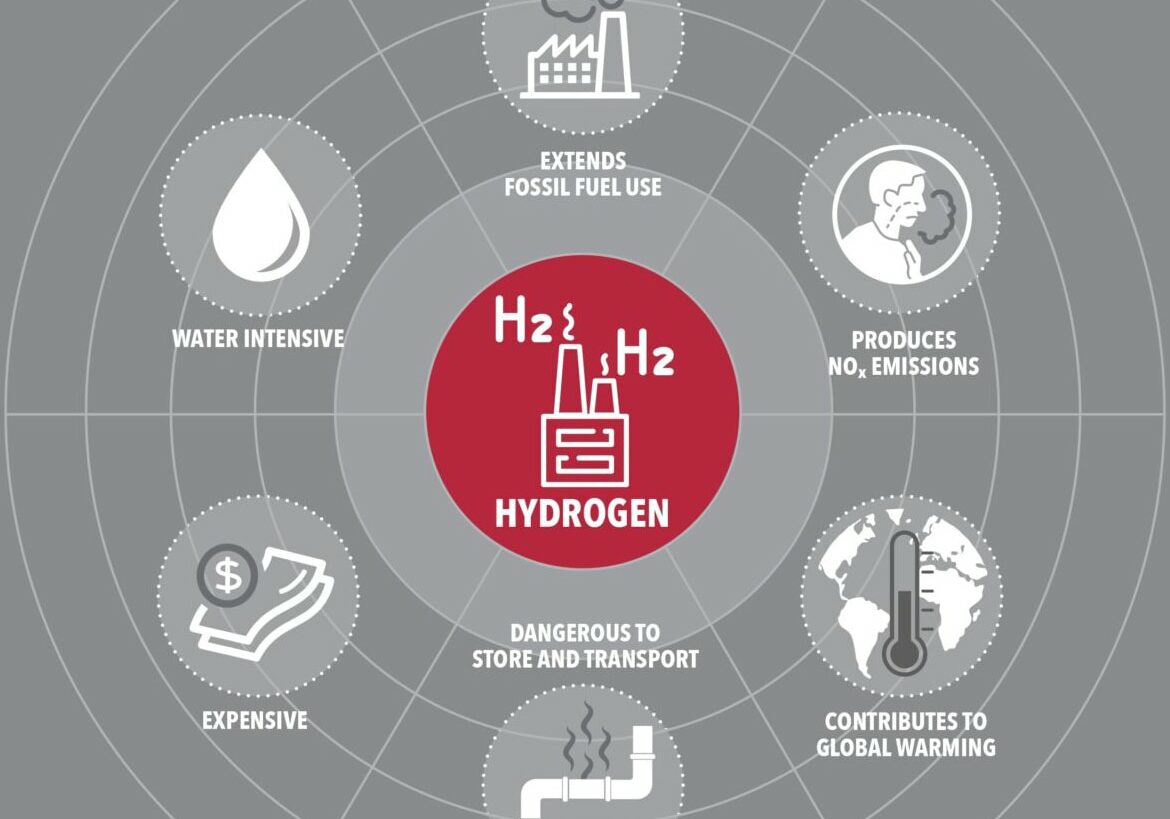For decades, historically marginalized communities have been disproportionately impacted by fossil fuel emissions.
These same communities now face the harshest consequences from the impacts of climate change and have access to fewer resources to respond and adapt. Clean Energy Group provides information, policy support, and technical assistance to help ensure that clean energy technologies are intentionally developed where they can provide the greatest social benefit – to mitigate the impacts of extreme weather and power outages on vulnerable communities, to reduce the negative effects of fossil fuel pollution on environmental justice communities, and to deliver reliable and affordable power to households facing energy security issues.
Explore Our Initiatives
Resilient Power Project
Accelerating the equitable deployment of solar and battery storage technologies in historically marginalized and underserved communities to power essential services and strengthen energy security during extreme weather events and grid outages.
Climate Resilient Energy Codes
Building codes provide a distinct opportunity to codify best practices for innovative resilience solutions in multifamily affordable housing and other community-serving facilities, expanding access to climate resilient energy technologies for those most in need during times of crisis.
Connecticut Health Resilience
Assisting Connecticut multifamily affordable housing providers in understanding how solar, energy storage, and efficiency measures can increase energy resilience and help protect medically vulnerable residents during power outages.
Technical Assistance Fund
Supporting local energy resilience by equipping community-serving organizations with the information they need to advance a resilient solar and battery storage project toward the next stage in development.
Health and Energy Security
For individuals with electricity-dependent medical needs, power outages can be a matter of life or death. Energy storage paired with solar can provide energy resilience to power home health needs as well as health centers, assisted care facilities, and other medical facilities.
Phase Out Peakers
Heavily polluting fossil fuel peaker power plants are disproportionately located in low-income communities and communities of color. CEG supports communities in their efforts to phase out peakers and replace them with clean alternatives.
Resilient Power Leadership Initiative
Helping nonprofit community-based organizations overcome internal capacity and resource constraints through funding support to develop local resilient power awareness and implementation strategies in low-income communities and communities of color.
Hydrogen Information and Public Education
Burning hydrogen in power plants and homes releases high levels of nitrogen oxide emissions, impacting air quality and threatening the health of surrounding communities.
Photo Credit: Bigstock





